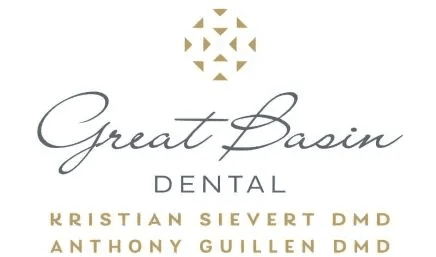Gum disease, also known as periodontal disease, is a common but often overlooked condition that can have serious consequences for oral and overall health. It typically begins silently, with subtle symptoms that are easy to dismiss. However, catching gum disease in its early stages is critical to preventing permanent damage to the gums and the supporting structures of the teeth. Understanding the early warning signs can help you take swift action and preserve your oral health.

Bleeding Gums During Brushing or Flossing
One of the first and most noticeable signs of gum disease is bleeding gums. If your gums bleed when you brush or floss, it’s not something to ignore. While many people assume that this is normal, it’s actually an early indicator of inflammation, often associated with gingivitis, the earliest stage of gum disease. Healthy gums should not bleed with regular oral hygiene. Persistent bleeding, especially accompanied by soreness, is your body’s way of signaling that something isn’t right.
Red, Swollen, or Tender Gums
Inflammation is another early sign of gum disease. When bacteria accumulate along the gumline, the body responds with inflammation, causing the gums to become red, puffy, or sensitive. This reaction is a defense mechanism but also an indication that your gums are under stress. You may notice your gums feel sore to the touch or more sensitive when eating hot or cold foods. Ignoring these signs can allow the inflammation to progress into more severe forms of gum disease.
Bad Breath That Won’t Go Away
Persistent bad breath, or halitosis, is often more than just a nuisance. It can be a sign of gum disease. As plaque and bacteria build up under the gumline, they release toxins and odors that are not easily masked by mouthwash or mints. If you find that your breath remains unpleasant despite good oral hygiene, it may be time to talk to a dental professional. Chronic bad breath may point to an infection that needs treatment.
Receding Gums and Longer-Looking Teeth
As gum disease progresses, the gums can begin to pull away from the teeth. This recession makes the teeth appear longer and may expose the sensitive roots. Gum recession is not only a cosmetic concern. It also increases the risk of tooth decay and sensitivity. This sign often develops gradually, so it’s important to pay attention to changes in the appearance of your smile or how your teeth feel.
A Change in How Your Teeth Fit Together
Gum disease can affect the stability of your teeth. As the structures that support your teeth begin to deteriorate, you may notice changes in your bite or how your teeth align. This can make chewing feel different or cause discomfort when you bite down. In more advanced cases, teeth may become loose or even shift in position. These changes are serious and typically indicate that the disease has moved beyond the early stages.
Sensitivity or Pain in the Gums
Some people with early gum disease experience discomfort or a dull aching sensation in their gums, especially when eating or brushing. While pain is not always present in the early stages, increased sensitivity or localized discomfort can be a clue that your gums are inflamed or infected. Don’t dismiss mild symptoms. They could be the first step toward more advanced disease if left unchecked.
Taking Preventive Action
The good news is that gum disease is largely preventable and treatable, especially in its early stages. Regular dental check-ups, consistent brushing and flossing, and avoiding tobacco products can all help reduce your risk. If you notice any of the signs mentioned above, schedule a visit with your dentist. Early intervention can stop the progression of gum disease and help you maintain a healthy, confident smile for years to come.
Gum Disease Treatment in Reno, NV
At Great Basin Dental, we are committed to your oral health. Recognizing the early signs of gum disease is crucial to seek timely treatment and prevent complications. If you notice red, swollen, or bleeding gums, don’t hesitate to reach out. Contact us today to schedule a consultation and learn more about your treatment options.
